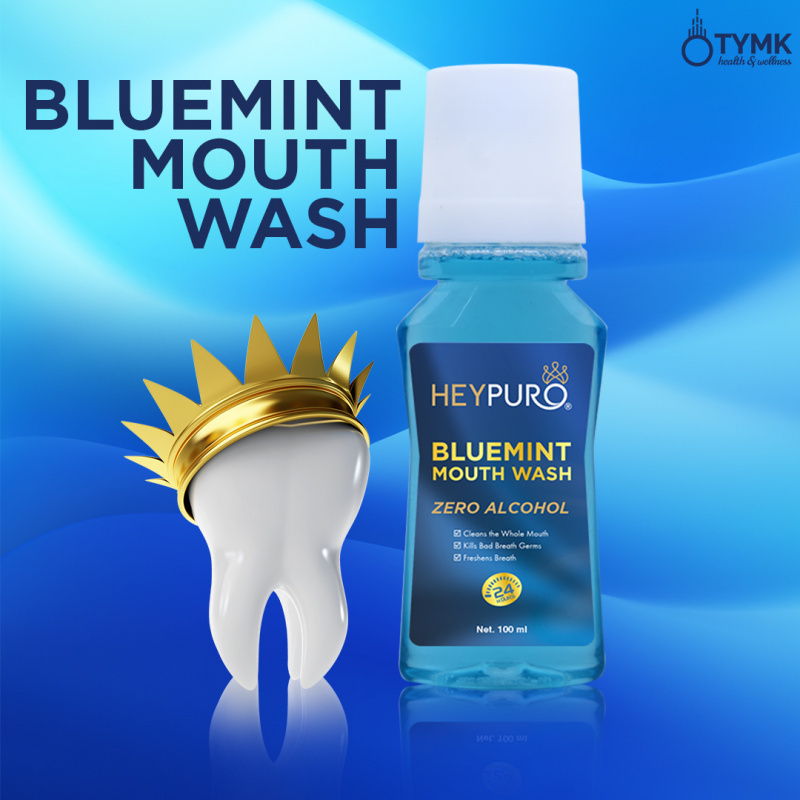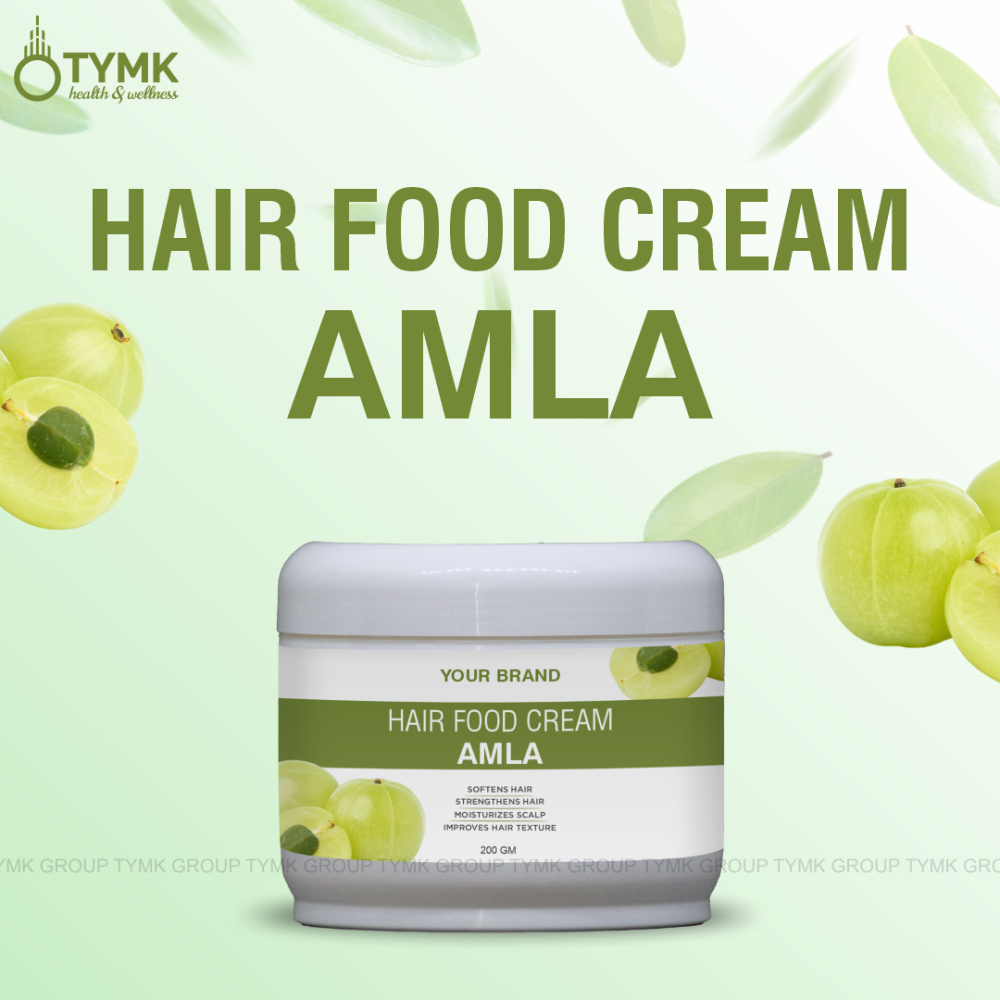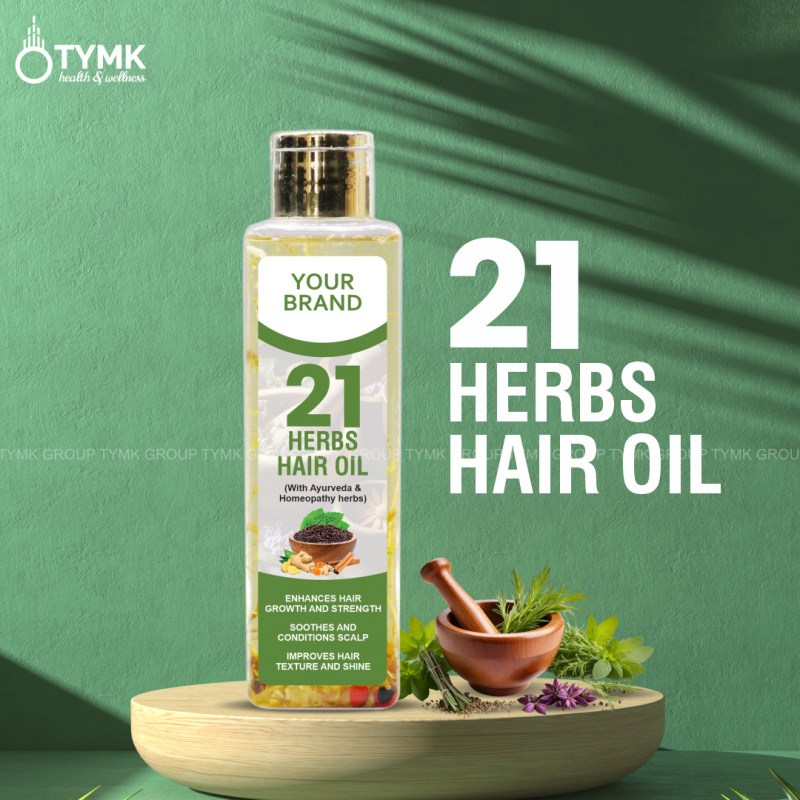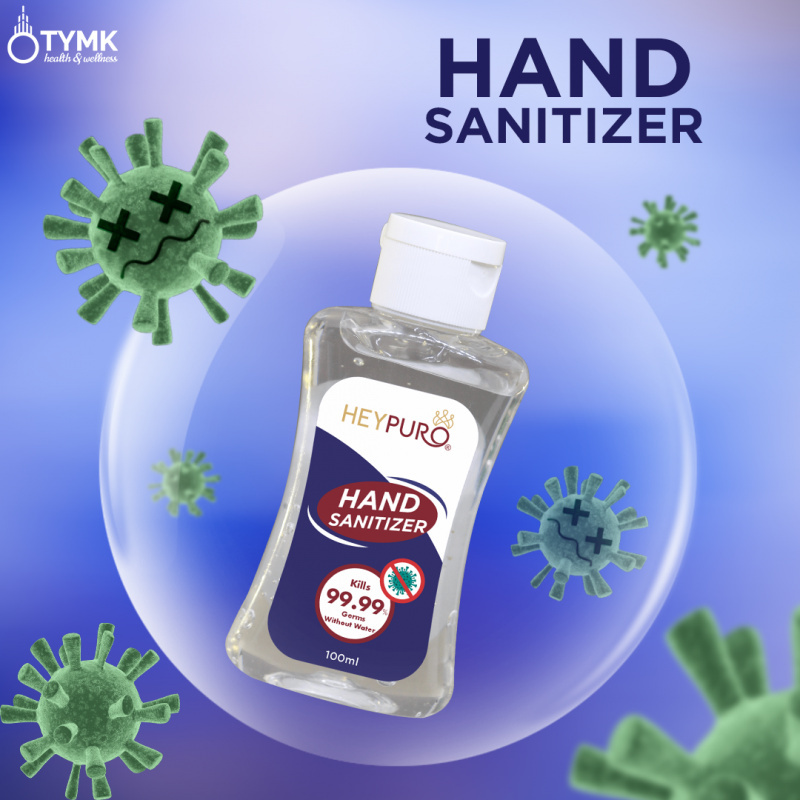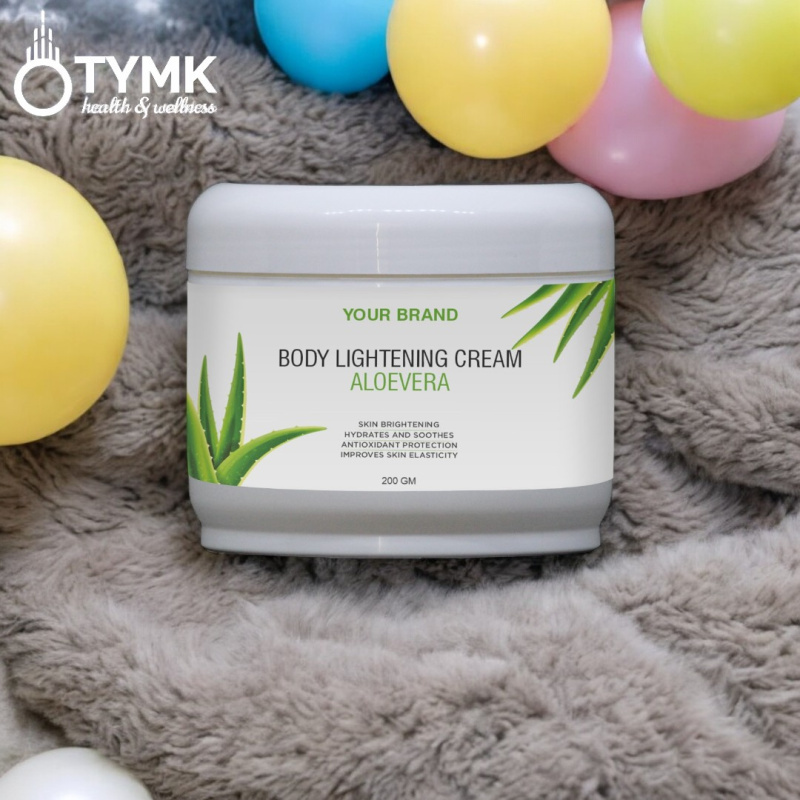Third Party Cosmetic Manufacturer

Third Party Cosmetic Manufacturer
In today’s fast-paced beauty industry, launching a skincare or cosmetic brand has never been more accessible. Behind many successful beauty products on the shelves, there’s often a third Party Cosmetic Manufacturer working behind the scenes.
Whether you're a startup founder, an established brand, or an entrepreneur venturing into the beauty world, understanding how private label cosmetics manufacturers, OEM, ODM, and contract cosmetic manufacturing services work is crucial.
This blog will walk you through the essentials of cosmetic product development, custom formulation, and the growing opportunities in skincare private label and white label cosmetics. We’ll also include a helpful FAQ at the end to clear up common questions.
What Is a Third Party Cosmetic Manufacturer?
A Third Party Cosmetic Manufacturer is a company that creates beauty products for another brand under that brand’s name. These manufacturers offer a range of services including formulation development, manufacturing, packaging, and labeling—allowing you to focus on branding and marketing.
These services come in various models:
-
Private Label Cosmetics Manufacturer: Offers ready-made formulations you can brand as your own.
-
OEM (Original Equipment Manufacturer): Produces products based on your specifications.
-
ODM (Original Design Manufacturer): Provides a product concept and formulation you can customize and brand.
-
Contract Cosmetic Manufacturing: A flexible model where manufacturers produce products based on your supplied formula or specifications.
Why Choose Third Party Cosmetic Manufacturer?
Partnering with a cosmetic manufacturing service has multiple benefits:
1. Cost Efficiency
Setting up a cosmetic lab and production line involves high upfront investment. By working with third-party manufacturers, you significantly reduce startup costs.
2. Expertise
These companies are experts in custom cosmetic formulation, ensuring product stability, compliance with cosmetic regulations, and high-quality production standards.
3. Faster Time to Market
With pre-tested formulations and established supply chains, your product can hit the market much faster than if you were developing everything from scratch.
4. Scalability
Third-party manufacturers are equipped to handle large volumes, making it easier to scale as your brand grows.
Services Offered by Cosmetic Product Manufacturers Third Party Cosmetic Manufacturer
The offerings of a full-service beauty product manufacturer are vast. Let’s break them down:
✔ Custom Cosmetic Formulation Third Party Cosmetic Manufacturer
This involves creating a unique product that reflects your brand’s values and aesthetic. From choosing active ingredients to textures and fragrances, everything is personalized.
✔ Skincare Third-Party Manufacturing Third Party Cosmetic Manufacturer
Specialized manufacturers offer tailored solutions for skincare, including cleansers, moisturizers, serums, and sunscreens. Many use natural, organic, or vegan ingredients to cater to niche markets.
✔ White Label Cosmetics Third Party Cosmetic Manufacturer
If you're looking for a fast launch, white label products are ideal. These are pre-made, market-tested formulas that you can rebrand. It's a cost-effective entry point with low MOQs (Minimum Order Quantities).
✔ Cosmetic Product Development Third Party Cosmetic Manufacturer
This includes ideation, market research, prototyping, and testing. Professional development ensures your product is not just trendy but also safe and effective.
✔ Packaging & Labeling Third Party Cosmetic Manufacturer
Presentation matters. Third-party manufacturers often offer customizable packaging, allowing you to stand out on shelves and social media feeds.
Key Trends in Third Party Cosmetic Manufacturer
The beauty industry is always evolving, and manufacturers are adapting rapidly. Some major trends include:
-
Sustainable beauty: Eco-friendly packaging, cruelty-free testing, and clean formulations are becoming industry standards.
-
Customization: Personalized skincare solutions are gaining traction, driven by AI tools and skin diagnostics.
-
Functional ingredients: Demand for products with ingredients like niacinamide, hyaluronic acid, and adaptogens is on the rise.
-
Inclusive beauty: Products catering to diverse skin tones and types are no longer optional—they're essential.
Choosing the Right Third Party Cosmetic Manufacturer
Here are some things to consider when selecting a cosmetic product manufacturing partner:
-
Certifications: Look for GMP, ISO, or FDA compliance.
-
Experience: Ask about their work with similar products or brands.
-
Flexibility: Can they scale with you? Do they offer low MOQs?
-
Communication: Clear, transparent communication is a must for a successful partnership.
-
Lab Testing & Stability: Ensure they provide proper testing to guarantee product quality over time.
Real-World Applications Third Party Cosmetic Manufacturer
Startup Brand Example
A skincare startup may opt for skincare private label services to test the market with a basic product line of moisturizers and cleansers. They can later transition to custom cosmetic formulation as they scale and define their brand identity.
Influencer Collaboration
An influencer looking to launch a makeup line may partner with an OEM cosmetic manufacturer to develop a unique lipstick or eyeshadow formula, adding custom colors and packaging.
Spa or Salon
A luxury spa may create a bespoke skincare range with a contract cosmetic manufacturing company, enhancing their brand and creating an exclusive in-house product offering.
Frequently Asked Questions (FAQ) Third Party Cosmetic Manufacturer
Q1: What’s the difference between white label and private label cosmetics?
A: White label products are ready-made, generic products that multiple brands can use with custom labeling. Private label typically allows more customization in packaging and, in some cases, the formulation.
Q2: Can I start a beauty brand without a lab or production facility?
A: Yes! That’s the main advantage of working with third-party manufacturers. You can start and scale your brand without owning manufacturing infrastructure.
Q3: What is OEM vs. ODM in cosmetics?
A: OEM means the manufacturer produces products based on your specific formulation and packaging ideas. ODM means they provide product concepts and formulations you can tweak and brand as your own.
Q4: What’s the typical MOQ (Minimum Order Quantity)?
A: It varies by manufacturer and product type. Some offer low MOQs starting at 100-500 units for startups, while others may require higher volumes.
Q5: How long does it take to develop a custom skincare product?
A: It depends on the complexity of the formula. On average, expect 3–6 months for development, testing, and production.
Start Your Beauty Brand Today
Ready to create your own line of Third party cosmetic manufacturer? Partner with a trusted cosmetic manufacturer for private label, OEM, or custom formulations.
Contanct







